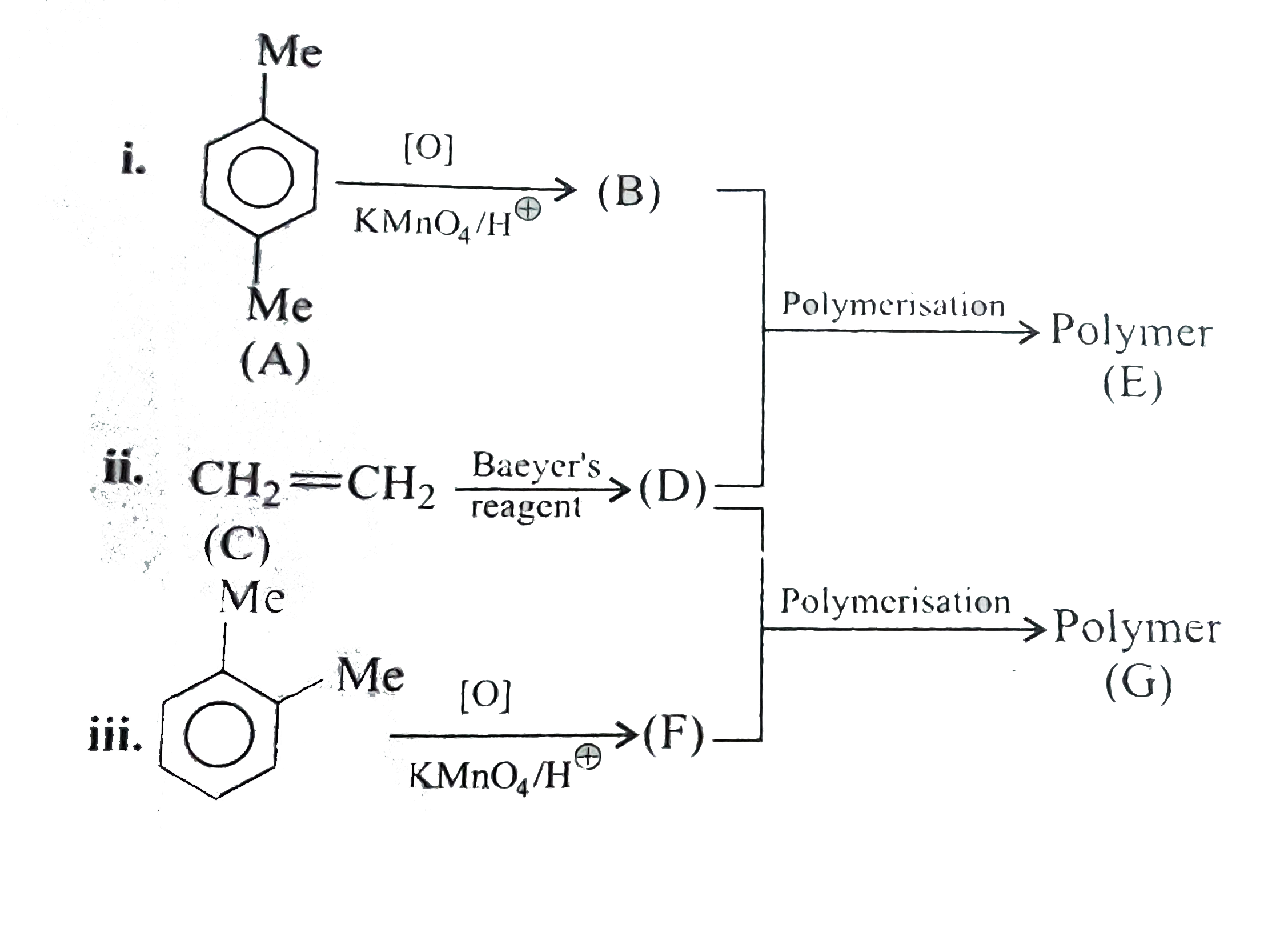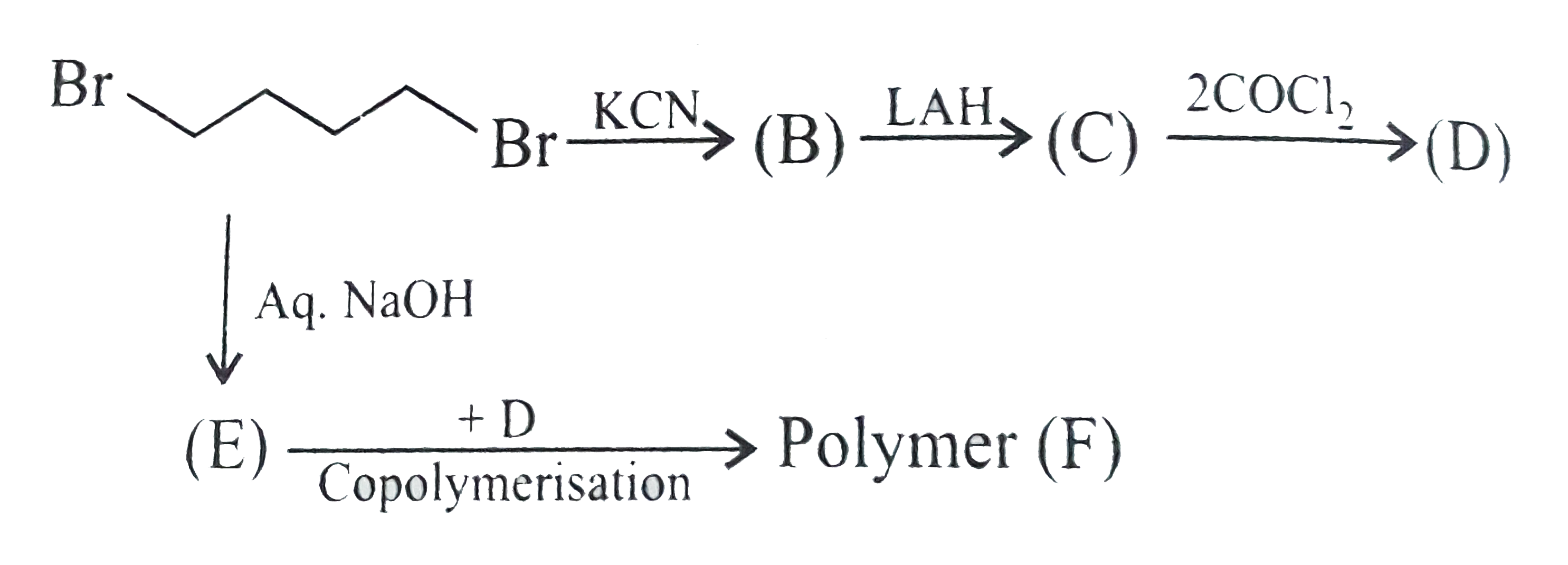Which of the following group produces spores but does not possess vascular tissues
Monocots
Dicots
Fungi
Gymnosperms
The correct Answer is:C
To answer the question "Which of the following group produces spores but does not possess vascular tissues?", we can follow these steps:
1. Understanding Vascular Tissues:
- Vascular tissues in plants include xylem and phloem, which are responsible for the transport of water, minerals, and nutrients.
- Organisms that possess these tissues are typically higher plants, including monocots and dicots.
2. Identifying Groups:
- The question presents multiple groups. We need to identify which of these groups produces spores and lacks vascular tissues.
- Common groups to consider include ferns, mosses, fungi, and gymnosperms.
3. Analyzing Each Group:
- Monocots and Dicots: Both of these groups have vascular tissues (xylem and phloem), so they can be eliminated as options.
- Fungi: Fungi are known to produce spores (e.g., through structures like sporangia) and do not have vascular tissues. This makes fungi a strong candidate for the answer.
- Gymnosperms: Gymnosperms produce seeds and also possess vascular tissues, so they can be eliminated as well.
4. Conclusion:
- Based on the analysis, the only group that produces spores and does not possess vascular tissues is Fungi.
5. Final Answer:
- The correct answer is Fungi.
- Vascular tissues in plants include xylem and phloem, which are responsible for the transport of water, minerals, and nutrients.
- Organisms that possess these tissues are typically higher plants, including monocots and dicots.
- The question presents multiple groups. We need to identify which of these groups produces spores and lacks vascular tissues.
- Common groups to consider include ferns, mosses, fungi, and gymnosperms.
- Monocots and Dicots: Both of these groups have vascular tissues (xylem and phloem), so they can be eliminated as options.
- Fungi: Fungi are known to produce spores (e.g., through structures like sporangia) and do not have vascular tissues. This makes fungi a strong candidate for the answer.
- Gymnosperms: Gymnosperms produce seeds and also possess vascular tissues, so they can be eliminated as well.
- Based on the analysis, the only group that produces spores and does not possess vascular tissues is Fungi.
- The correct answer is Fungi.
Topper's Solved these Questions
- KINGDOM FUNGI-MULTICELLULAR DECOMPOSERSBOOK - DINESH PUBLICATION ENGLISHCHAPTER - KINGDOM FUNGI-MULTICELLULAR DECOMPOSERSEXERCISE - CYG
19 Videos
- KINGDOM FUNGI-MULTICELLULAR DECOMPOSERSBOOK - DINESH PUBLICATION ENGLISHCHAPTER - KINGDOM FUNGI-MULTICELLULAR DECOMPOSERSEXERCISE - CYG
19 Videos
- INTRODUCTION BOOK - DINESH PUBLICATION ENGLISHCHAPTER - INTRODUCTION EXERCISE - CYG
10 Videos
- KINGDOM MONERA (THE PROKARYOTES)BOOK - DINESH PUBLICATION ENGLISHCHAPTER - KINGDOM MONERA (THE PROKARYOTES)EXERCISE - CHECK YOUR GRASP
20 Videos
Similar Questions
Knowledge Check
Which of the following groups produces spores, but lacks vascular tissue?
AfungiBpteridophytesCgymnospermsDangiospermsWhich of the following groups produce seeds but lack flowers?
AbryophytesBfungiCpteridophytesDgymnosperm

Which of the following groups does polymer(E)contain?
View SolutionWhich of the following groups of algae produces algin
View Solution Which of the following group does polymer(F) contains?
Which of the following group does polymer(F) contains?
View SolutionWhich of the following does not possess stomata ?
View SolutionWhich of the following possess vascular tissues but lacks seeds ?
View SolutionPlants having of vascular tissues.
View Solution
